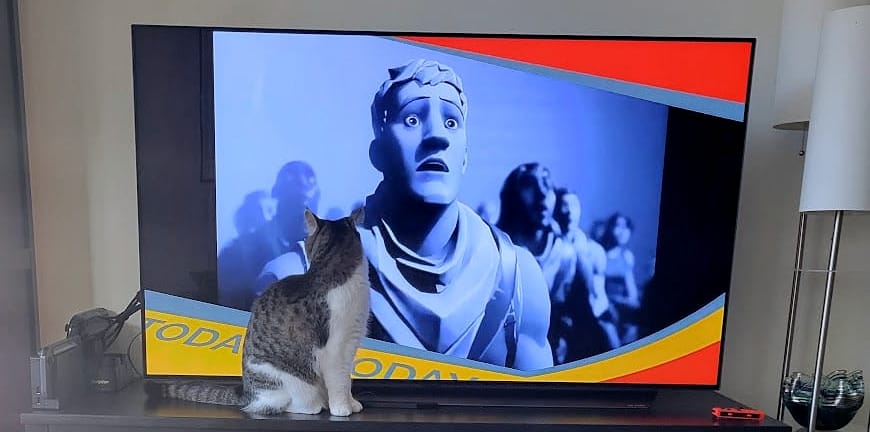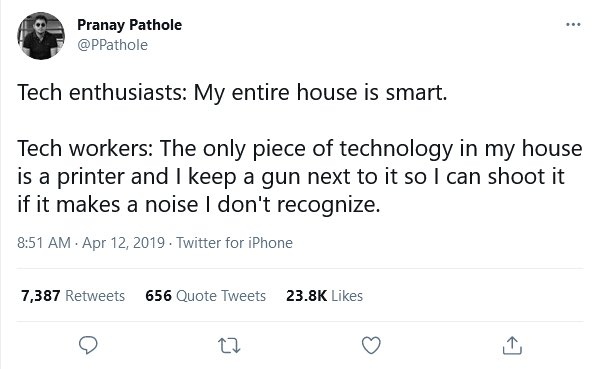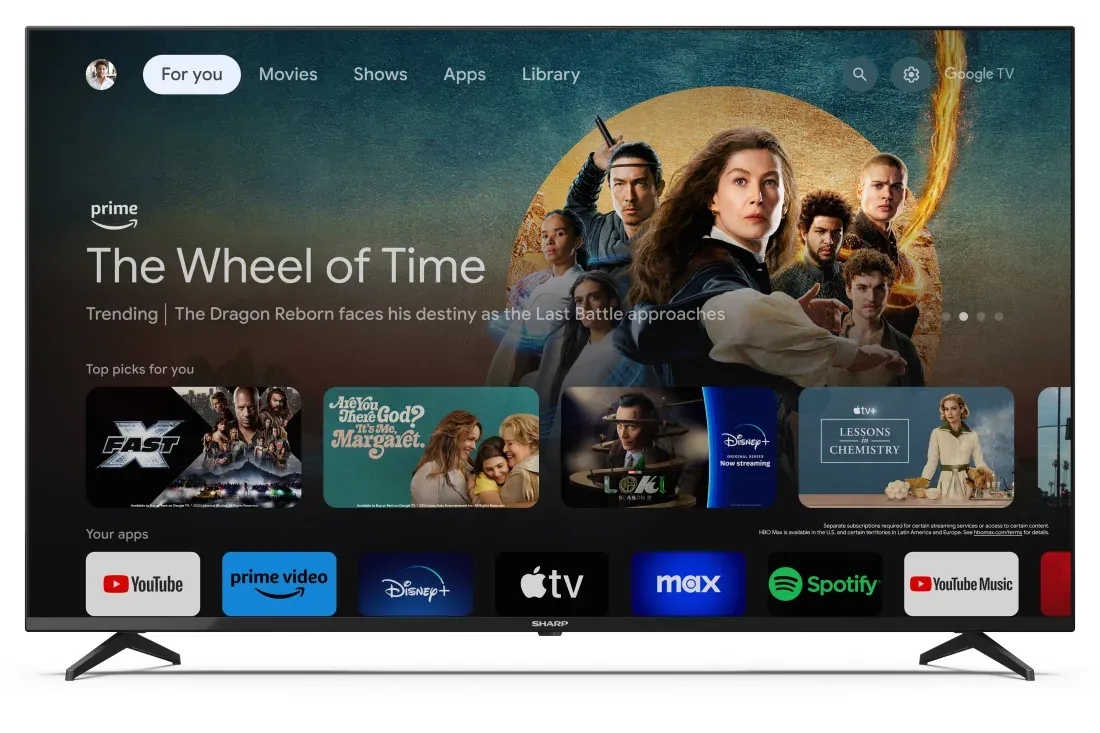Smart Home musings

I'm a software engineer, which means that by default I don't trust technology. I write technology for a living, which means I know a lot of the principles on how things work. It also means that I'm aware of how brittle everything is and how any component can fail at a moment's notice. As soon as a logic board is introduced into something it's a near guarantee that it'll one day execute the logic in the opposite way that you want it to go. And if you connect it to an external network, it may execute the logic without any input from you whatsoever.
The 2019 meme is more accurate than expected:

Every Christmastime I get flooded with advertisements telling me to accrue credit card rewards points (and the accompanying debt) by getting the latest-and-greatest in Google/Amazon/Apple/Samsung wifi-connected smart home appliances because they'll make my life so much easier and are conveniently discounted for the next few weeks! I can make my door locks have an extra vulnerability vector while connecting them to smart light switches that will take up more electricity than dumb switches and chain them to intelligent power outlets that can probably handle high electricity loads from the ad-riddled smart TV that will passively sense everything I do, and output the status reports to my conveniently subscription-based printer.
Sounds like paradise, right?
And yet.
Every Christmastime I find myself spending an hour or two drawing a vision board imagining what I would set up in a smart home if I had the funds to do so. I come up with scenarios that would actually make all of the installations worthwhile, thus improving my life despite all of the additional points of failure that will inevitability be triggered when one device drops out of the network and the main controller just can't even figure out how to handle it gracefully. My door lock would look like a normal door from the outside, but I can use an rfid/nfc tag to get myself in instead of fumbling with keys. The vestibule would automatically illuminate at my presence instead of me having to shut the door to reach the light switches behind it. The main floor light bulbs would change their warmth based on the time of day, from a sunlight white in the day to a soft yellow in the evenings. My printer would work instantly from my phone. I could have an energy monitor on my computer so that I can see how much energy it uses up whenever I load up a beefy video game. My garage door and front door could be remotely locked by a single keychain fob when I leave the house on my bike.
All for three to four figures of cash, along with possibly a subscription and/or a lot of time fiddling with component setup.
It would all run locally off of Homeassistant so that I can add whatever I want to my home without being locked into a vendor. I would use a mesh protocol or three (zigbee/z-wave/thread) so that the devices don't go down if the main controller goes down, and it won't clog up my home wifi. Any wifi devices would be isolated on a separate network so that my personal devices don't have to deal with the inevitable poor security update schedule that cheap ESP32-based devices will use. I would retrofit controllers to my existing switches to reduce e-waste and to keep my existing house aesthetic.
Uh oh, I'm anticipating the points of failure and how it's all going wrong again.
Convincing my wife that I should spend the money on all of these gadgets is the relatively easy part of this operation. After all, it's easier to ask for forgiveness than for permission. It's convincing myself that all of this maintenance work and cognitive overhead and additional unreliability is worth it compared to just living in my analog home.
Right now, my home is probably slightly more tech-y than normal, but it doesn't feel too smart/complicated. My setup consists of:
- A video doorbell with cloud based access (ugh) that has helped me recover more from package thieves than the actual cost of the doorbell, so economically I'm ahead.
- A few speakers hooked up to chromecast audios so I can broadcast music through the house. Sadly the group functionality has been used less than I thought they would be.
- A 15 year old Sony Dream machine FM alarm radio that wakes me up in the morning without fail and has a little battery inside it as a backup in case the main power goes out (so clutch)
- A LG OLED smart TV that has the wifi disabled and the ethernet port blocked out so that it doesn't have any ideas of doing anything but showing me my stuff over HDMI
- A rooted NVIDIA Shield set-top box to handle my streaming needs without any of that adware that the standard Google launcher provides.

- A Raspberry Pi hooked up directly to the router and running PiHole for the past 5 years, sucking up any advertising and analytics emitted by the personal computers/phones in the house.
- A set of radio-frequency power outlets controlled locally by an RF remote, similar to this. I don't own this model, my set of 10 year outlets are no longer listed on Amazon but it looks like a close enough analogue: https://www.amazon.com/Syantek-Wireless-Household-Appliances-Certified/dp/B08MFBDGGF
- My printer is hidden deep in my closet and is only lugged out to be connected via USB to my computer for the handful of times that I actually need to print something out. It uses generic printer toner from some alphabet soup online brand.
Aside from the chromecast audios, I'm pretty happy with how my house has turned out. It's been reliable, resilient, and dumb as a rock. The plastic has yellowed a bit with age, and I can't control things with my voice. I don't have to spend time troubleshooting electronics or being on forums asking for support or have another thing in my life that can potentially get upsold.
It's easy to be upsold on shinier tech with the promise of reliability. So why bother investing into an unreliable ecosystem in the first place?
--
This Christmas I did get a smart home thing as a gift. It's an automated fan switch for my bathroom. It senses the humidity and turns on the fan for 20 minutes if it thinks that the bathroom is too muggy. It's all integrated together with boring technology that has been around for decades, and doesn't connect to anything but the existing wiring in my house. I love it.

I'll keep a screwdriver in a nearby drawer in case it gets any clever ideas though.